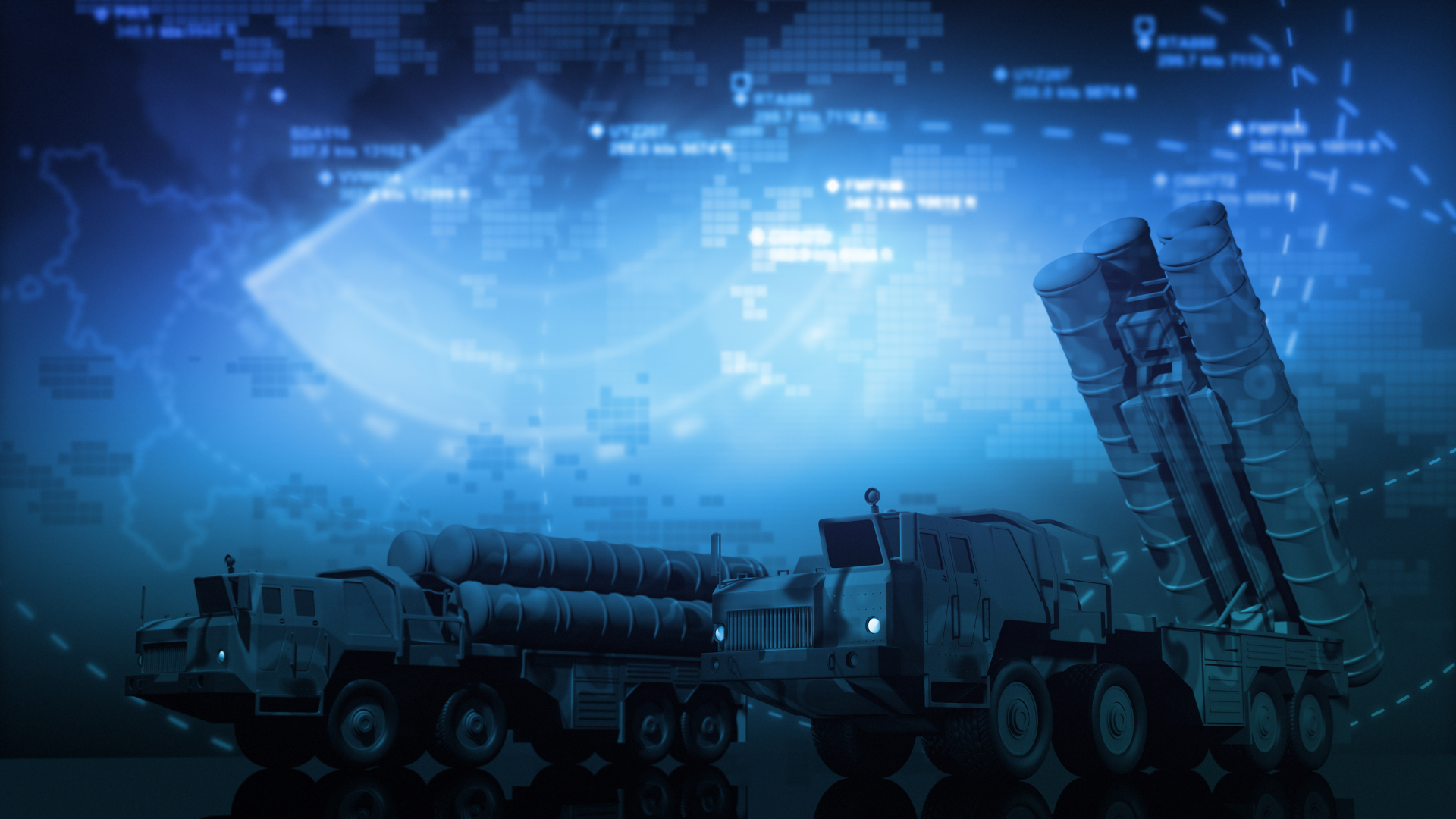OpenAI Partners with Carahsoft to Enter Defense Sector Amid Controversy

OpenAI, the creator of ChatGPT, is making a significant push into the AI in defense sector by partnering with Carahsoft, a government contractor with deep ties to federal agencies. Carahsoft, which reported $16 billion in revenue last year, has been added to the Department of Defense’s (DoD) Computer Hardware, Enterprise Software and Solutions (CHESS) program, allowing the Pentagon easy access to advanced technologies like AI. The AI in defense sector has seen significant growth, and OpenAI’s inclusion in this critical procurement system marks a pivotal step in expanding its government presence.
This partnership has, however, sparked concerns. Carahsoft has been accused of price-fixing in DoD contracts, raising questions about OpenAI’s entry into the AI in defense sector. Earlier this year, OpenAI modified its usage policies, removing restrictions that prevented its technology from being used in military applications. CEO Sam Altman has since expressed a willingness to explore defense-related work, further deepening OpenAI's involvement in the AI in defense sector.
Carahsoft’s role as a middleman between tech companies and the Pentagon has helped OpenAI secure contracts across the federal government, from NASA to the Department of Agriculture. The CHESS contract positions OpenAI as a key player in the AI in defense sector, as it streamlines the Pentagon’s ability to acquire advanced AI technologies without lengthy procurement processes.
Despite its success, Carahsoft is under scrutiny. The FBI recently raided its offices as part of an ongoing investigation into a former business partner. Moreover, the company is facing legal challenges over alleged price-fixing schemes with software giant SAP, further complicating its relationship with the DoD and the AI in defense sector.
Carahsoft’s troubled history isn’t new. In 2015, it settled a $75 million case with cloud computing company VMware over similar accusations of overcharging the government. As OpenAI deepens its involvement in the AI in defense sector, the ethical and legal concerns surrounding its partner could pose challenges.
While OpenAI is still relatively new to the AI in defense sector, it has secured contracts worth hundreds of thousands of dollars, helping agencies like NASA and the Department of Agriculture adopt AI tools. These efforts showcase how AI is reshaping both military and non-military government operations, offering new efficiencies and capabilities in the AI in defense sector.
Smaller AI startups, like Resemble AI and Codeium, are also using Carahsoft to enter the AI in defense sector, taking advantage of the contractor’s extensive government connections. This trend illustrates the growing demand for AI solutions in defense and other government sectors, even as legal and ethical concerns continue to surround these developments.
As OpenAI continues to explore opportunities in the AI in defense sector, its partnership with Carahsoft raises important questions about the future role of AI in military applications and the transparency of government procurement processes. The rise of AI in defense sector technologies is inevitable, but its implications remain deeply contested.




